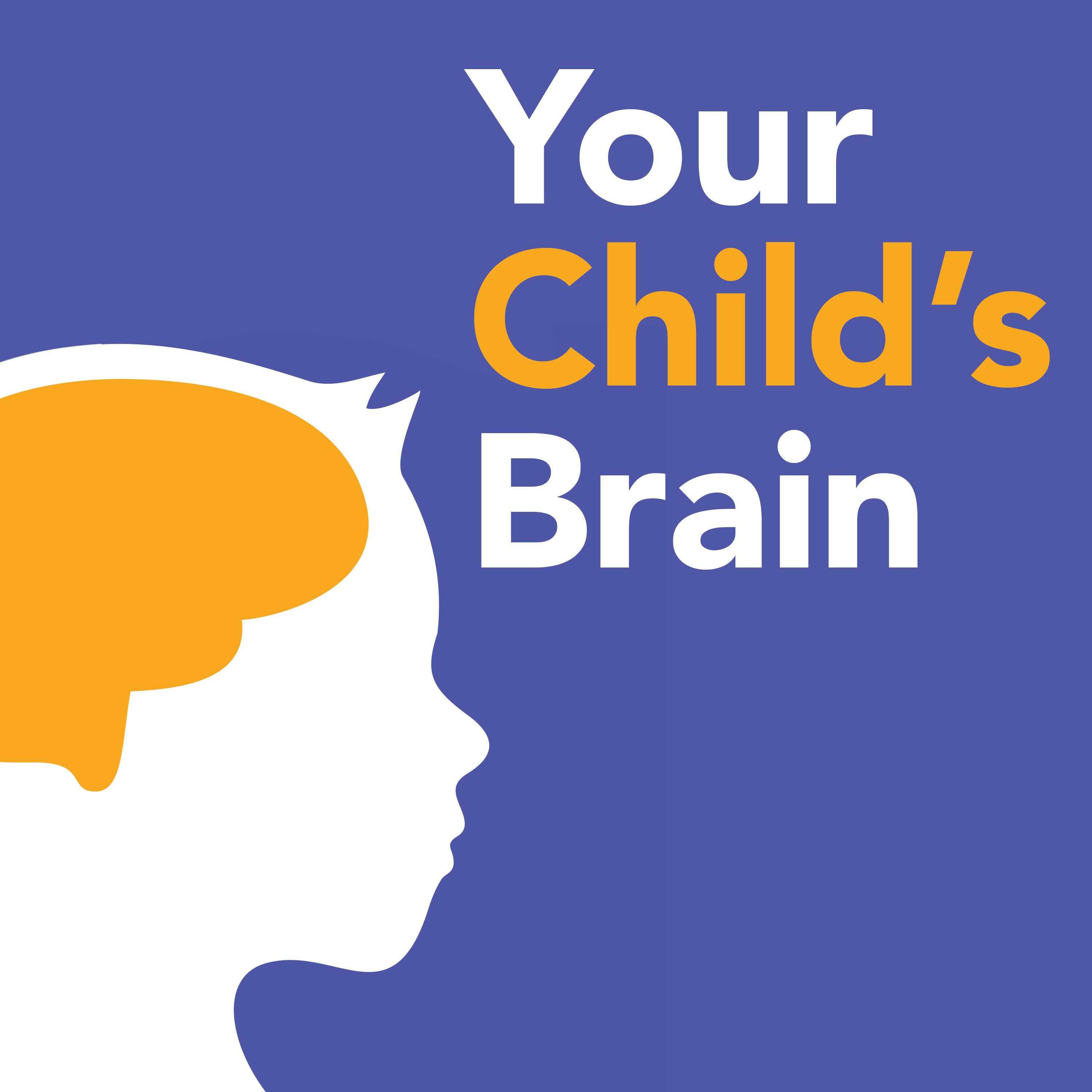Cerebral Palsy
Description
People with disabilities or chronic health conditions, such as cerebral palsy, may be as much as 3-4 times more likely to develop depression and anxiety disorders. Research suggests this link is not necessarily related to the severity of a person’s disability but is instead tied to things like levels of stress, management of pain and fatigue, coping skills, or family and social support.
In this episode of Your Child’s Brain, Dr. Brad Schlaggar, President and CEO of Kennedy Krieger, is joined by two of his colleagues: Dr. Heather Riordan, a child neurologist and medical director of the Phelps Center for Cerebral Palsy and Dr. Aaron Hauptman, a pediatric and adult neuropsychiatrist, and the associate director of Neuropsychiatry to discuss cerebral palsy with a special emphasis on the mental health challenges with the disorder.
Related links:
Phelps Center for Cerebral Palsy
https://www.kennedykrieger.org/patient-care/centers-and-programs/cerebral-palsy-and-neurodevelopmental-medicine
Bennett Blazers
https://www.kennedykrieger.org/community/initiatives/physically-challenged-sports
See omnystudio.com/listener for privacy information.
More Episodes
We humans, typically, have 23 pairs of chromosomes. Sometimes, for a variety of reasons, we have an extra chromosome or we are missing one. Down syndrome, also known as Trisomy 21, is a genetic disorder that occurs when an individual has a full or partial extra copy of their 21st chromosome. Down...
Published 11/07/24
How does experience and one’s environment influence the early development of our brains? We’ve known for a long time that this question does not simply boil down to “Nature” vs “”nurture”, a false dichotomy. Instead, brain development might best be thought of as a cascading interaction between...
Published 10/03/24
Published 10/03/24


